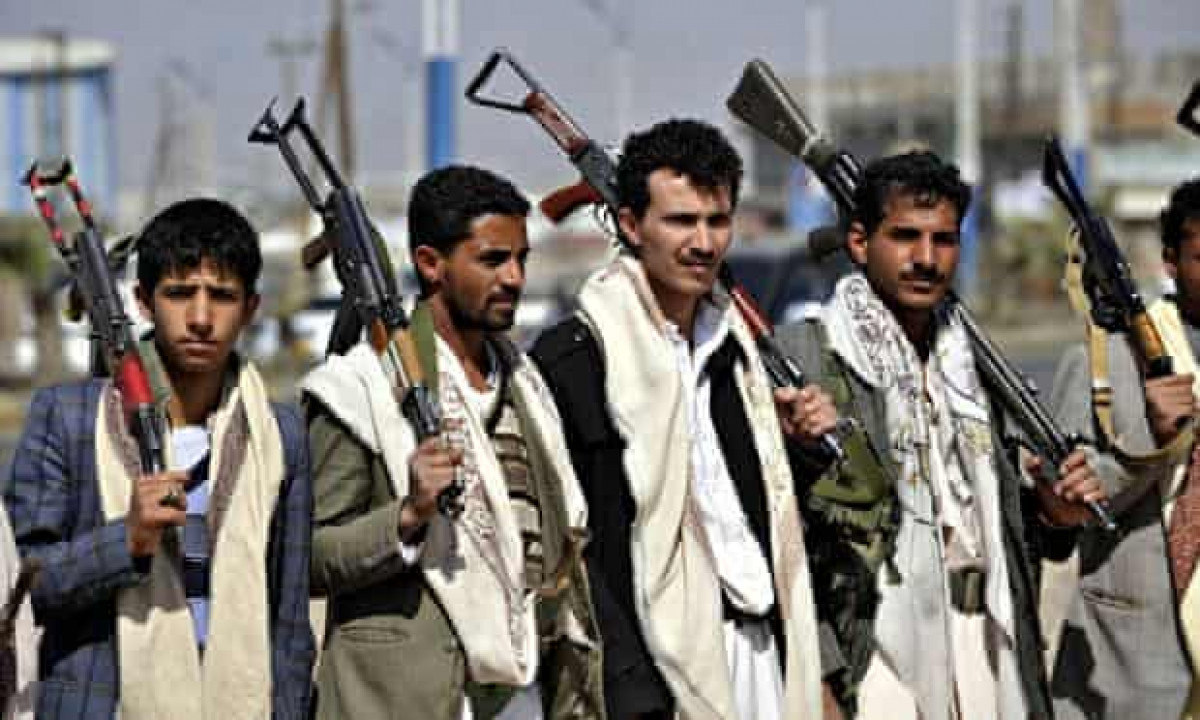 125
125
Ansarallah says that the recent rocket strike on the UAE is just the beginning, if Abu Dhabi did not change its position towards Yemen.
UAE officials are well aware that the attacks carried out by Ansarallah are just the beginning. If the UAE does not reconsider its policy on Yemen, all active bases on its territory could become targets of the Resistance, without any air defense system being able to react in time.
The Lebanese newspaper Al-Akhbar reports that there is no longer any particular mystery about the war in Yemen. A few months ago, an Emirati delegation visited Iran to sign agreements and discuss the Yemeni issue. It explicitly announced that Abu Dhabi’s relationship with the heir to the Saudi throne, Mohammad bin Salman, prevented them from engaging in direct confrontation, citing American demands in Yemen.
Moreover, the UAE wants to avoid high expenses for mistakes made here and there, as in Lebanon about a year ago: it sent representatives there to at least ask for a media ceasefire with Hezbollah; it said it no longer wanted to be the target of virulent attacks by its secretary general, Seyyed Hassan Nasrallah, by making special concessions to the Lebanese; but it learned that Yemen is a more important issue for Iran and Hezbollah.
The Emirati leadership knows that the war in Yemen has failed and that the annihilation of Ansarallah and the formation of a new government at the pleasure of the Saudi Kingdom are impossible. The Emiratis have understood more than anyone else that the axis of the Resistance, headed by Iran, does not hide its support for the Yemeni Popular Resistance and is ready to provide any support to Ansarallah.
In accordance with these agreements, the Emirati leaders are dissatisfied with the way the Saudis are managing the war in Yemen. They also question the performance of pro-Saudi forces loyal to the fugitive ex-president Abd Rabbo Mansour Hadi.
In this context, Abu Dhabi believes that the ongoing problems could be resolved in favor of the formation of a Yemeni force that could have a significant and influential base in the south of the country or reach northern Yemen without resorting to direct military intervention. It is in this case that the UAE will make its capabilities available to its allies to conquer Yemen.
Moreover, the authorities in Abu Dhabi do not underestimate the danger of the Muslim Brotherhood in Yemen; in this vein, they believe that their danger is no less than that of Ansarallah, so recent efforts to withdraw from the West Coast depend on the Emiratis using their opportunity in Maarib to undermine the Al-Islah party (linked to the Muslim Brotherhood) and to prevent elements linked to the pro-Saudi party from moving into Shabwa province.
The UAE has sought to strengthen its bases and influence in the group led by Tariq Saleh (brother of former Yemeni president Ali Abdallah Saleh) and the Salafist movement with its military affiliates, and to influence the Southern Transitional Council, linked to Mansour Hadi in the southern provinces.
Another development is the change of course of the American-British duo who took the strategic decision to prevent the fall of Maarib province. In fact, the Americans intervened directly in the battle and Israel’s imprint
is being felt. In fact, the enemy forces divided the province of Maarib in the same way that Israel did in the recent war in the Gaza Strip.
But all this is useless without a ground operation; the Americans are seeking to recruit paramilitaries who are no strangers to the Salafist currents. At the same time, they are tightening the noose around the Emirati side to force it to reverse its strategy of withdrawal from Yemen.
At this stage, no foreign mediation makes sense. Even when Abu Dhabi tells Iran, Lebanese Hezbollah or Ansarallah that it was under heavy pressure from the Americans, it had no effect on Ansrallah’s approach to the Emirati occupiers.
No amount of mediation is likely to change the decision of Ansarallah’s leadership, including the personal decision of Abdel Malek al-Houthi, the leader of the Yemeni resistance movement, to launch punitive attacks against the UAE.
Comment
Post a comment for this article